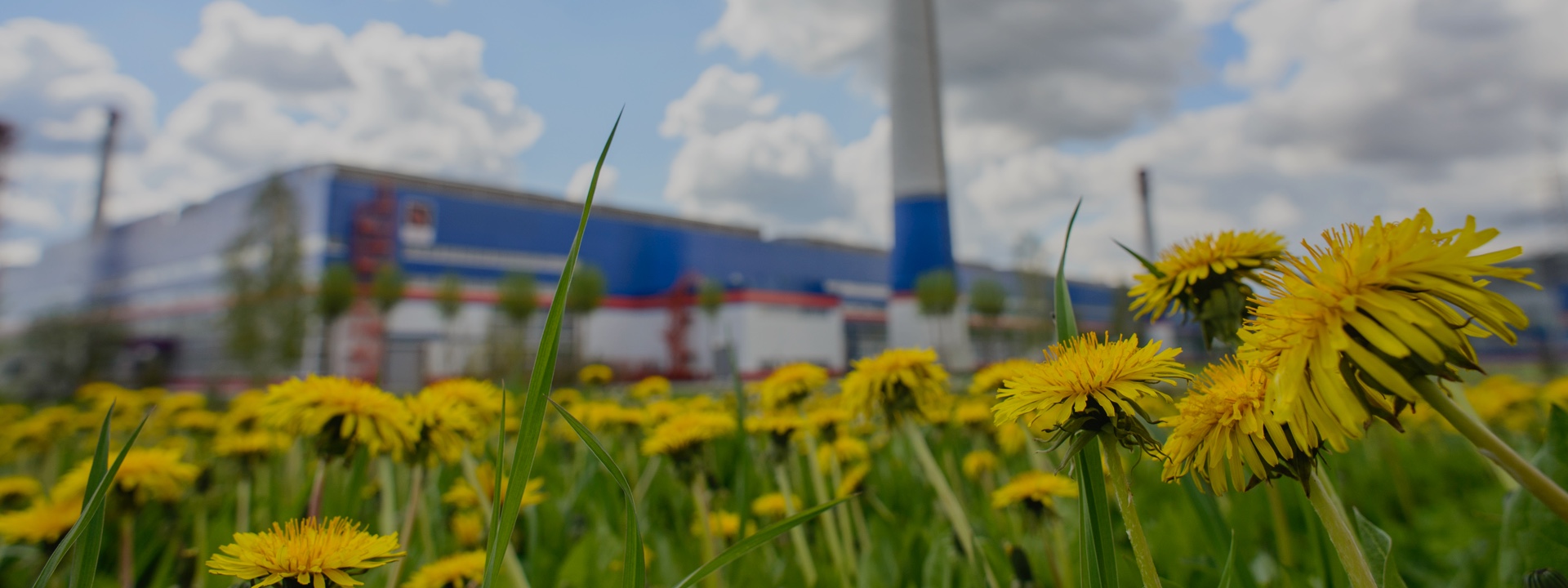TMK places a particular emphasis on climate change and adopts a range of measures to reduce greenhouse gas (GHG) emissions, building an emission management system. Operations at the Company’s enterprises leverage electric arc furnaces, which is currently the most energy-efficient and environmentally friendly steelmaking method. Smelting in electric arc furnaces produces significantly less GHG emissions than the traditional open-hearth furnace production. At the same time, TMK continues to identify and explore new technologies that can further mitigate the climate impact from its operations.
To calculate its GHG emissions, TMK uses both its own corporate methodology and an international methodology based on GHG Protocol recommendations.
The Company has set up centers of excellence for climate impact mitigation to look into decarbonization opportunities at each production site in detail.
In 2022, following energy audits across all its pipe plants, TMK developed an Energy Efficiency Program for 2023–2027.
The Company identified and assessed physical and transition risks, developed a Climate Change Adaptation Plan, and started implementing it.
In addition to reducing emissions from operations and lowering the carbon footprint of its products, TMK participates in the energy transition by offering its customers tubular solutions that drive decarbonization. The following products for the energy transition were developed and launched in 2022:
- TMK Sputnik H for hydrogen energy: a range of pipes and connections for producing, transporting, and storing hydrogen fuel (yellow, blue, and green hydrogen)
- TMK Sputnik C: a range of pipes for facilities capturing, distributing, transporting, and storing CO2
Volzhsky Pipe Plant (VTZ) is piloting a climate project to create a carbon farm, which involves assessing the carbon dioxide absorption potential of various tree and plant species. We receive scientific support from specialists of Bauman Moscow State Technical University and Dokuchaev Soil Science Institute.
